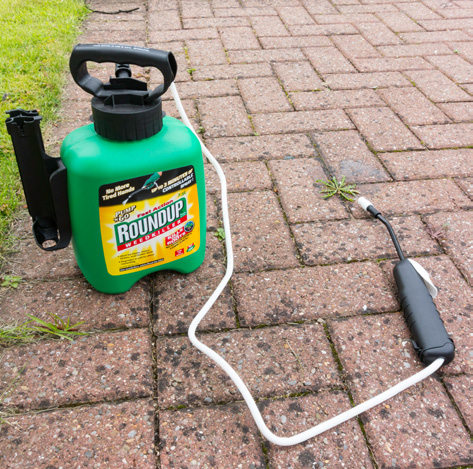If You Have Questions, We Have Answers …
For many people around the country, Roundup was their go-to product to kill weeds. It is a herbicide that was originally manufactured by Monsanto but was acquired by Baer in 2018. It also became the world’s best-selling product in the industry. The active ingredient in Roundup is glyphosate, which was discovered in 1970. By 1973, farmers were using it regularly. Monsanto even developed glyphosate-resistant crops, like corn and soy, so they could use Roundup without killing them. By the 2000s, Roundup reached the height of its popularity. Commercial and small farms, landscapers and home consumers used it regularly. Why? Because nothing worked better, but it came at a very heavy price. Unfortunately, the public was never made aware of the risk associated with using Roundup. In fact, the International Agency for Research on Cancer identified glyphosate as a Group 2A agent, which means it’s likely to cause cancer in humans.
Further research found a significant link between Roundup use and non-Hodgkin’s lymphoma (NHL) and other types of blood cancers, including:
- Chronic Lymphocytic Lymphoma (CLL)
- B-Cell Lymphoma
- T-Cell Lymphoma
- Hairy Cell Lymphoma
- Mantle Cell Lymphoma
Today, Roundup is banned in many countries in response to a growing number of cancer cases linked to its use. It is available in the U.S. due to the high amount of revenue generated. Individuals who lived near areas where Roundup was used or who worked directly with it are at much higher risk of a developing certain types of cancer than those with no exposure to the pesticide. Thousands of lawsuits have already been filed against Baer. In fact, since there have been some very large verdicts, they have settled a large portion of the claims.
If you or a loved one was diagnosed with non-Hodgkin’s lymphoma or another form of blood cancer — and you were exposed to Roundup — it’s not too late for you to seek compensation. Feel free to contact us today. We’ll set up a free consultation to see if you may qualify for compensation.





